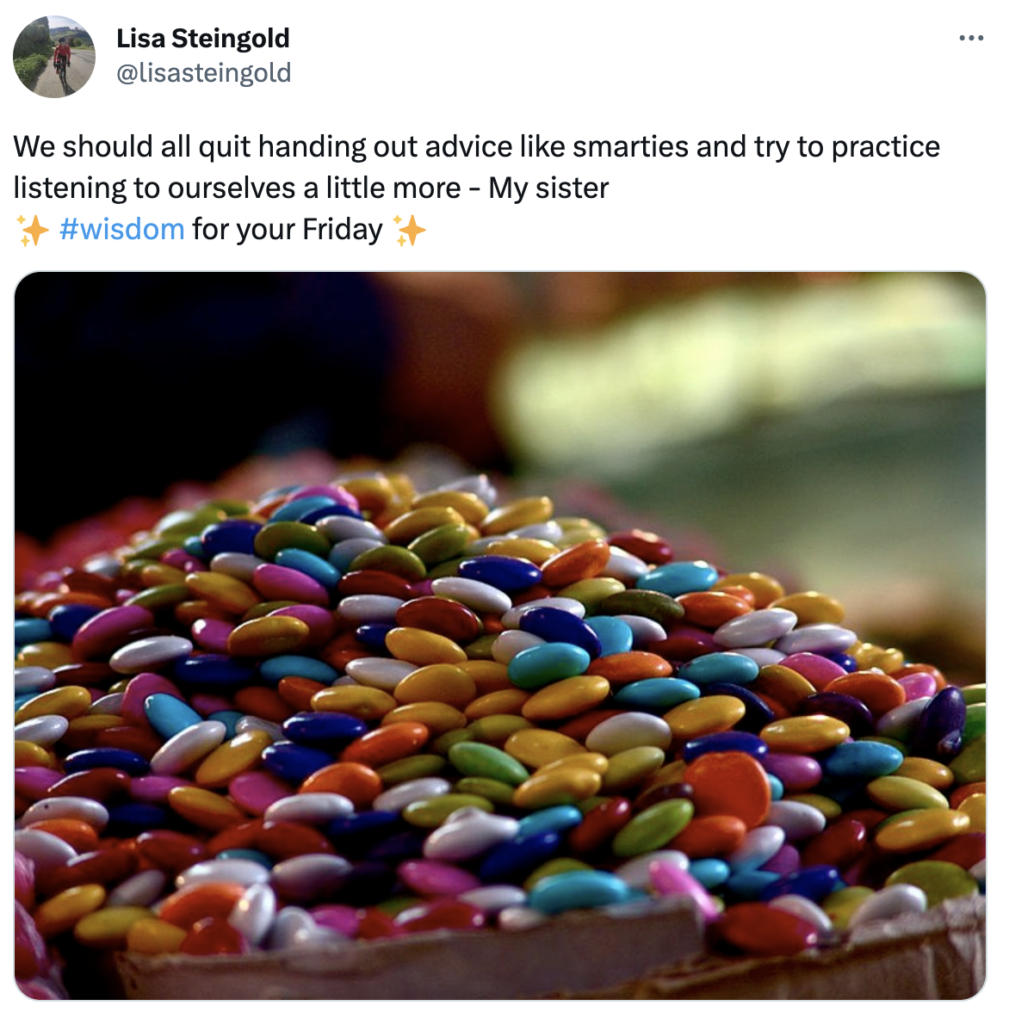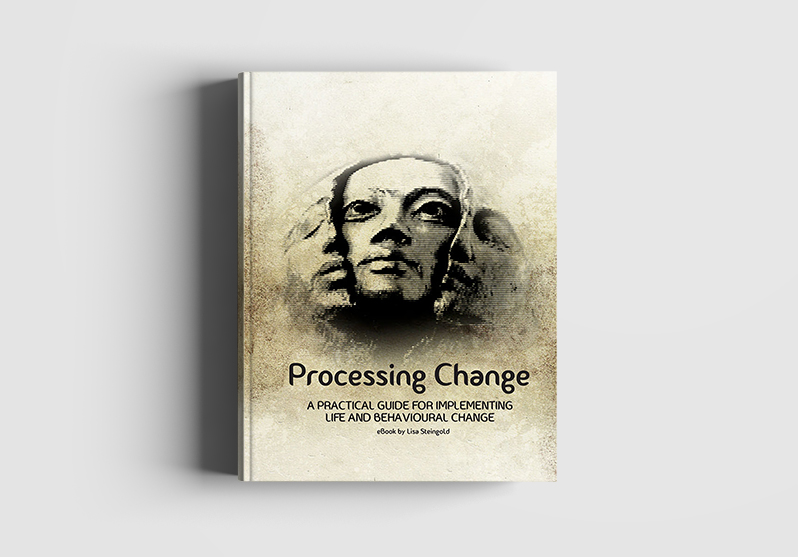Table of Contents
ToggleLast Updated on December 21, 2024 by Lisa
So what’s the secret to wellbeing?
Well let me start by saying that I don’t believe there is any expert to wellbeing greater than you. No one else can give you advice greater than you already know for yourself
You know what foods, work and habits make you feel great and what doesn’t.
So this is more of a guide from what I’ve discovered from my two decades of learning about wellness. Take what works for you and ditch the rest!
The first thing to understand is that wellbeing extends far beyond just the physical. This is NOT about going to gym and eating the right foods. Wellbeing is about how you feel
What’s the meaning of wellbeing
Wellbeing comes from creating a life where you feel “well”. It is an integrated concept.
Think about it how could you be well if you are obsessed about how much food you ate? How could you be well if you felt sad all the time? How well could you be if your finances were in a mess?
Even if you went to gym every day and ate the right foods, you would not feel well about your life in general, right?
A 2011 study from the British Psychological Society concluded that “well-being amounts to more than mere happiness and involves a wide range of personal and social domains, including positive relationships and a sense of meaning and purpose in life.”
Research reported in the 2015 World Happiness Report found four new constituents of well-being and their underlying neural bases. According to the report “well-being has been found to be elevated when individuals are better able to sustain positive emotion; recover more quickly from negative experiences; engage in empathic and altruistic acts; and express high levels of mindfulness.” Psychalive
The Ultimate Secret to Wellbeing – define what it means for you
Depending on who you speak to and what references you consult there are various elements of wellbeing;
-
Vocational (work and purpose) wellbeing
You enjoy the work you and have a sense of purpose. It’s important to say that perhaps you don’t get paid but you still work or have a sense of purpose. For example you’ve chosen to be a full-time parent or perhaps you voluneer your time to charity.
What’s important here is your satisfaction.
Score out of 10 ____
(I.e. how you feel you score in vocational (work and purpose) wellbeing
-
Wealth and financial wellbeing
Many financial experts agree that financial health includes four key components: Spend, Save, Borrow, and Plan.
This means you feel good in relation to your finances and have a plan in each of these areas. You can support yourself and your lifestyle. You have savings and a plan for your retirement.
Score out of 10 ____
(I.e. how you feel you score in wealth and financial wellbeing
-
Physical wellbeing
Physical wellbeing isn’t just about being physically healthy although obviously this is a big aspect of physical wellbeing.
Physical wellbeing includes what shape you want to be in, your energy levels, sexual health and how you related to food and movement.
Score out of 10 ____
(I.e. how you feel you score in your physical wellbeing
-
Mental wellbeing
Have you ever noticed how life seems perfectly manageable when you’re in a good mood? Or that sometimes you just seem to find solutions to all your challenges or you just seem to feel invincible.
Mental well-being is what enables people to cope with the stresses of life, realize their abilities, learn well and generally think positively in relation to life’s constantly changing environment. (WHO)
Score out of 10 ____
(I.e. how you feel you score in your mental wellbeing
-
Emotional wellbeing
Emotional wellbeing is similar to mental wellbeing, and actually can rarely be separated from mental wellbeing.
Emotional well-being is the ability to feel good. It’s more than mood. It’s about the ability feel optimisitc, to regulate your own emotions and adapt when confronted with adversity and stressful situations.
Score out of 10 ____
(I.e. how you feel you score in your emotional wellbeing
-
Spiritual wellbeing
Spiritual wellbeing is a deeply personal dimension of wellbeing. It’s about how you connect to God, or the divine or simply how connected you feel to the world at large. Studies have shown that people who have a spiritual belief experience lower levels of depression, anxiety and display signs of better health.
Score out of 10 ____
(I.e. how you feel you score in your spiritual wellbeing.
PS My favorite spiritual wellbeing practice is doing yoga with my dog👇
Your wellbing score and YOU
Based on the above characteristics of wellbeing, give yourself a score out of 60.
- 0 – 30, it’s time to seriously re-evaluate your life and sense of wellbeing, perhaps with a therapist
- 31 – 45, things are okay but there are probably some areas of your life that need refocusing
- 46 – 60 keep going, you’ve got habits and wellbeing practices that work for you
BUT each of us give different value to different aspects of life so you need to take your wellbeing score and now dig a little deeper.
Wellbeing for some people having a sense of purpose is essential and they don’t highly value title in their career or having to earn a certain amount.
Wellbeing can include having the capacity to cope, a high self esteem, the ability to make decisions, having good relationships, and a general feeling of contentment. It doesn’t mean that you’re perfect or that everything goes right all the time.
Wellness can also be;
- The ability to feel your emotions – all your emotions, not just the nice ones
- The ability to establish boundaries
- The ability to allow yourself to make mistakes
- The ability to accept ALL of you – even the parts of ourselves you may not like that much.
BUT now you have to define what it means for you!
Take the above 6 elements of wellbeing and write out what it means for you.
E.g.
- Work (and purpose) wellbeing – to have impact in my carrer and do meaningful work
- Wealth and financial wellbeing – to have an investment portfolio that covers my retirement, to be able to meet my monthly requirements BUT also that allows me to realize my dreams
- Physical wellbeing – ….
- Mental wellbeing
- Emotional wellbeing
- Spiritual wellbeing
There’s far too much advice these days. Do this. Don’t do that. Eat this. Feel your emotions but also control them.
However once you’ve defined what wellbeing means for you, it’s easier to prioritize your life and to adjust your habits.
1. Accountability
The person you’re most accountable to, or should be, is yourself.
No doctor can tell you, you need to change your habits or prioritize your health, just as no dietician is going to help you if you aren’t prepared to make a change.
What changes are you actually going to make to positively impact your wellbeing? Even if it is just getting help from a professional.
2.Belief
I have grade IV arthritis and doctors tell me that there’s no cure and that I’m going to suffer with it for the rest of my life but you know what? I don’t believe them.Who and what do you believe? If you don’t believe you have the ability to get into shape, you’ll find every way to sabotage it. I learnt this before writing Carbs, Curves and Everything in Between.
Perhaps it’s time to work with a coach or therapist if you find yourself continuously sabotaging your wellbeing efforts.
3. The Power of Habit
It doesn’t matter if you love cheesecake, like I do! Or whether you find yourself weak at the knees for Italian gelato (like I do!).
It doesn’t matter if you like to spend money on clothes now and then.
What matters is the 80-20 principle and how you manage your life overall. If you spend money on clothes but it’s part of a financial plan then that’s great.
The question here is about your habits in the greater extent. What do you do on a consistent basis?
7 Additional secrets to wellbeing you haven’t thought of
- It’s NEVER too late! You can make a change at any point in time
- You can shift how you feel
- Often you’re doing ALOT better than you think
- You can’t stress your way to wellbeing
- It doesn’t mean ONLY feeling good
- Movement matters
- Wellbeing is a lifelong practice
Don’t try change your life all at once. The secret to wellbeing is that it’s a lifelong practice.
Download the free eBook
A practical guide for instigating life change!








